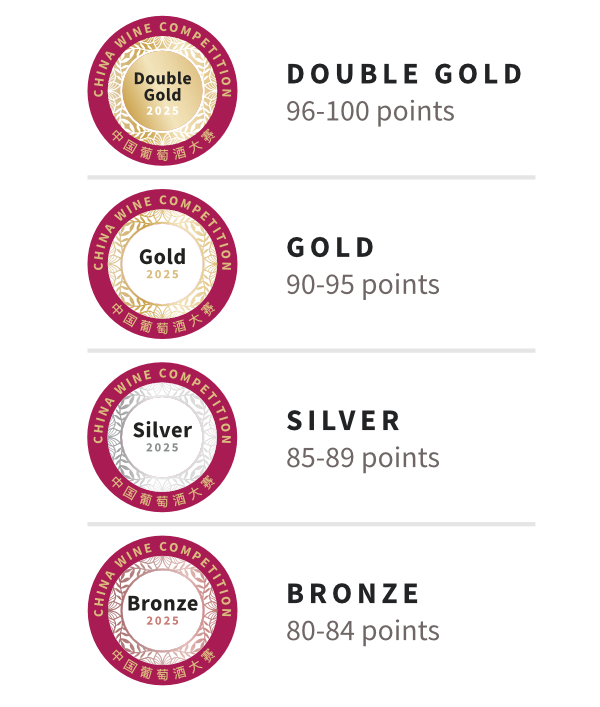November 10 , 2026, Hong Kong

Three Chinese baijiu brands – Moutai, Wuliangye and Yanghe, claimed the top 3 spots in the 2018 World’s Top 50 Spirits Ranking.
The global spirits industry may be reaching a unique inflexion point, as Chinese brands begin to replace popular Western brands as the most valuable in the world. Take, for example, the 2018 World’s Top 50 Spirits Ranking from London-based consultancy Brand Finance, in which three Chinese baijiu brands – Moutai, Wuliangye and Yanghe – claimed the top 3 spots in the rankings.
Moutai came out on top as the most valuable spirits brand in the world, with a total value of $21.2 billion. That represents a head-spinning 73% increase in value over the past 12 months. Wuliangye, sometimes referred to as “the magic liquor of China,” came in at No. 2, with a total brand value of $14.6 billion. And Yanghe came in No. 3, with a total brand value of $7.8 billion.
The highest-ranking Western brand was Johnnie Walker, which came in No. 4 with a total brand valuation of $4.3 billion. Other Western brands that managed to crack the Top 10 included Jack Daniel’s ($3.5 billion), Hennessy ($3.3 billion), Smirnoff ($3.2 billion) and Bacardi ($2.4 billion).
As further proof of the growing stature of Chinese baijiu brands, both Luzhou Laojiao ($3.8 billion) and Gujing Gong Jiu ($2.5 billion) also appeared in the Top 10 listing of Chinese spirits brands. And while 12 UK brands placed in the Top 50, they accounted for just 20% of the total overall value of brands. In contrast, Chinese brands accounted for a staggering 54% of total brand value.
The 54% figure is an important one because it really highlights an essential feature of the Top 50 spirits ranking – Chinese baijiu brands are becoming so valuable that they represent more than one-half of total spirit brand valuations worldwide. And this Chinese brand dominance is starting to show up in some fascinating ways. For example, China now has the only two airports in the world – Yibin Wuliangye and Zunyi Maotai – that are specifically named for spirits brands. For the Western traveller, it would be like flying into “Jack Daniel’s Airport” instead of John F. Kennedy Airport in New York City.
Marketing and branding experts pointed to several reasons for the strong showing of the Chinese baijiu brands in the ranking, including the nearly 5,000-year history of the spirit, and its dominant role as the drink of choice for special occasions, weddings and business banquets. In China, baijiu is synonymous with what branding experts have called “the extraordinary celebratory culture” of the nation.
The only question remaining, of course, is when these Chinese baijiu brands will start appearing in Western markets. Given the popularity of baijiu in China, it is perhaps only a matter of time before European and North American drinkers begin to grow curious about the world’s most popular and valuable spirit. In many ways, this would mark a “flipping” of the traditional model for spirits brands: instead of well-known Western brands looking for ways to penetrate lucrative Chinese markets, it will feature popular Chinese baijiu brands (Moutai, Wuliangye and Yanghe) looking for ways to penetrate the lucrative UK and U.S, markets for high-end, premium spirits.
The 2025 China Competitions results are now live. View 2025 winners.
Key Dates
Super Early Bird Deadline: May 20, 2026
Early Bird Deadline: July 31, 2026
Regular Deadline: October 14, 2026
Warehouse Deadline: October 22, 2026
Judging Date: November 10, 2026
Winners Announcement: November 24, 2026



